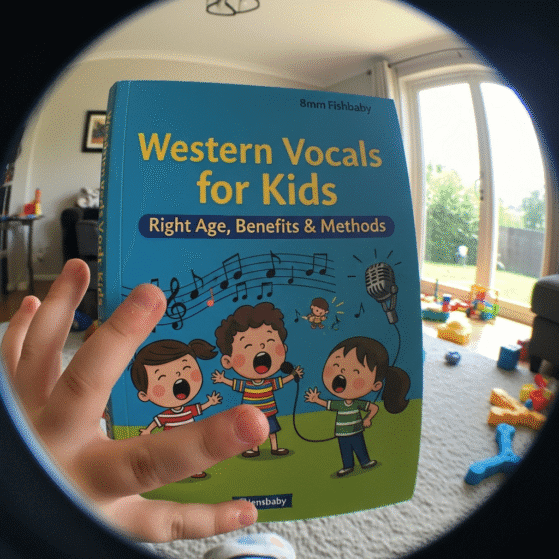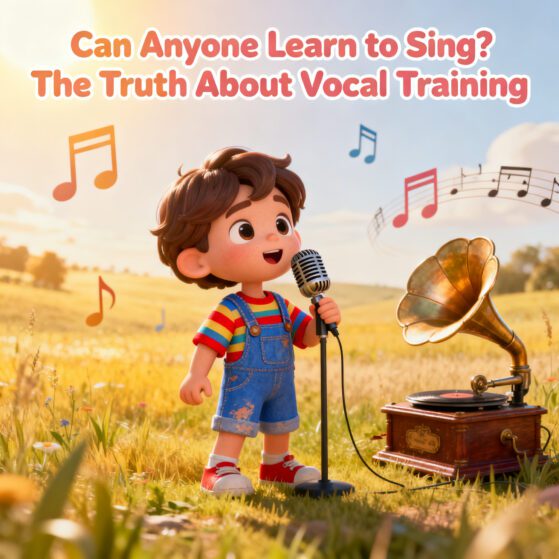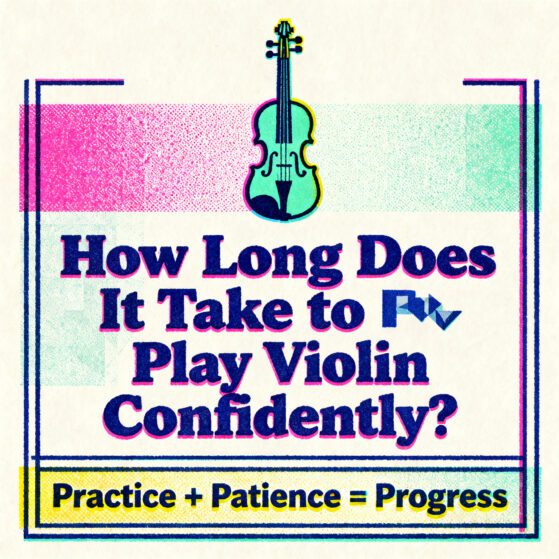What key is best for worship music? Finding the Perfect Key
Worship music holds a special place in the hearts of many, serving as a conduit for spiritual expression and communal connection. One question that often arises among worship leaders and musicians is: “What key is best for worship music?” While there’s no definitive answer, as musical preferences and congregational needs vary, there are several factors to consider when choosing the key for worship songs. This blog will explore these factors and provide insights into selecting the best keys for worship music.

Congregational Singability
One of the primary considerations when choosing a key for worship music is the ease with which the congregation can sing along. Worship is a communal activity, and the goal is to facilitate participation from everyone present. Typically, keys that sit within the vocal range of an average singer are preferred. This range usually spans from A below middle C (A3) to D above middle C (D5).
- Commonly Used Keys: C Major, G Major, D Major, A Major, and E Major are frequently chosen for worship songs because they are comfortable for most singers. These keys avoid extremes and help ensure that both men and women can sing without straining.

Emotional Impact and Atmosphere
The key of a song can significantly influence its emotional tone and atmosphere. Different keys have different qualities that can evoke various feelings and moods.
C Major: Known for its simplicity and purity, C Major is often associated with a bright and happy feel. It’s a great choice for songs of joy and celebration.
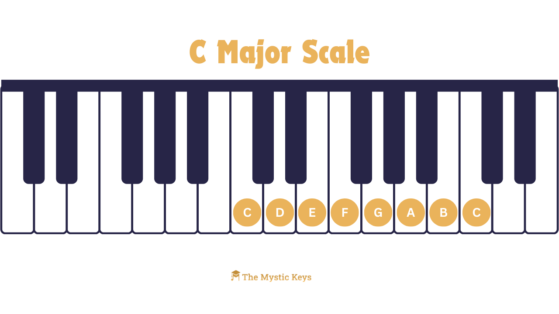
G Major: Often perceived as warm and inviting, G Major is versatile and works well for both upbeat and reflective songs.
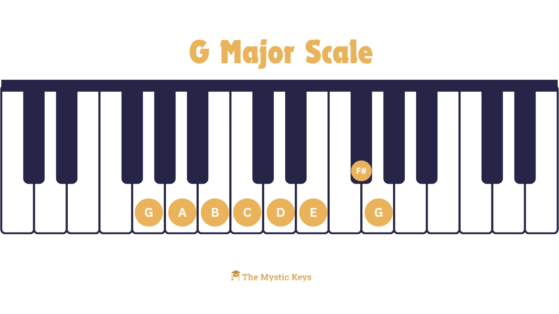
D Major: This key has a triumphant and majestic quality, making it suitable for songs of praise and declaration.
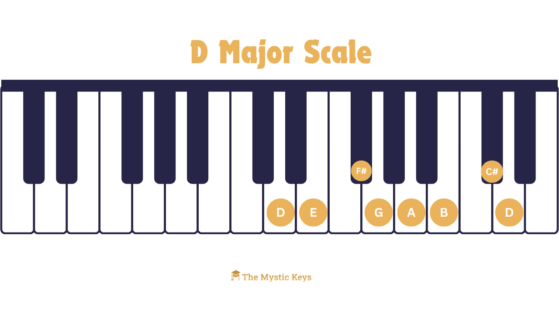
A Major: A Major is bright and lively, perfect for upbeat and energetic worship songs.
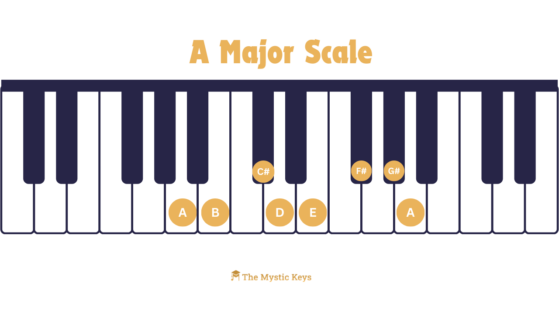
E Major: With its bold and strong sound, E Major is excellent for powerful and anthemic worship songs.
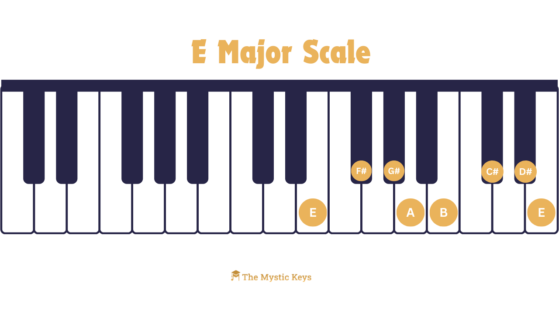
Minor Keys: Don’t overlook minor keys, such as A Minor or E Minor, for more contemplative and introspective worship moments. Minor keys can add depth and emotional richness to worship music.
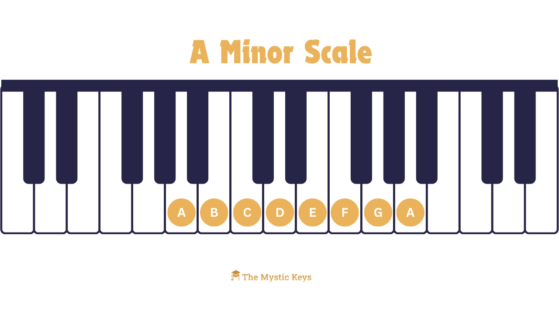
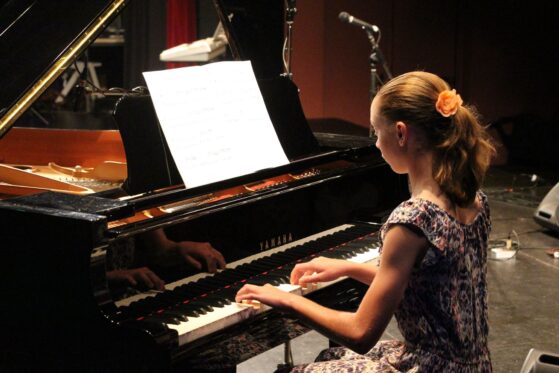
Instrumental Ease
The key choice also impacts how easy it is for musicians to play the song. Different instruments have different ranges and playability in various keys.
Piano: Pianists often prefer keys with fewer sharps and flats, like C Major, G Major, and F Major, as they are easier to navigate on the keyboard.
Guitar: Guitarists might prefer keys like G Major, D Major, and A Major, which allow for open chords and easier strumming patterns.
Transposing Instruments: For instruments like the trumpet or clarinet, which require transposition, selecting keys that align with their transposing needs can simplify performance.
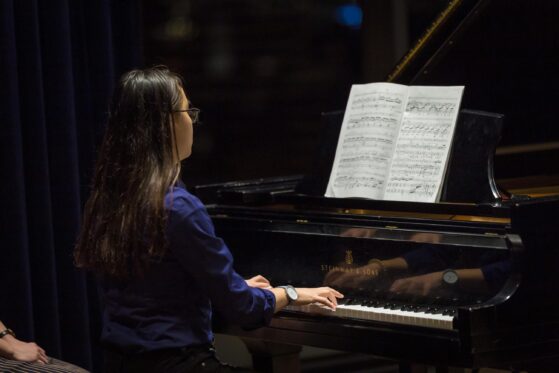
Vocal Ranges of Worship Leaders
The vocal range and strengths of the worship leader(s) should also be considered. Worship leaders need to lead confidently and comfortably without straining their voices.
Male Worship Leaders: Typically, male worship leaders might find keys like E Major, D Major, and A Major more suitable for their vocal range.
Female Worship Leaders: Female worship leaders might prefer keys like G Major, C Major, and F Major, which align better with their vocal range.
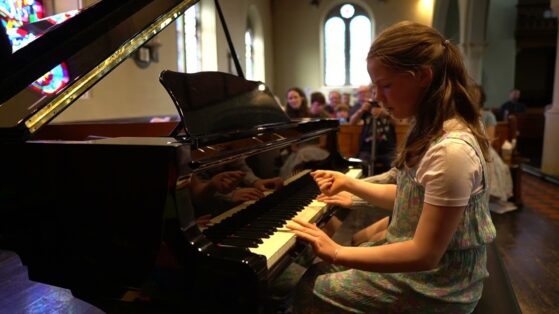
Dynamic Range and Song Structure
The key can affect the dynamic range and structure of a song. Some keys might lend themselves better to dynamic shifts, modulations, and transitions within a song.
Modulations: Keys that are closely related (such as G Major to D Major) allow for smoother key changes and modulations, adding musical interest and emotional build-up.
Dynamic Range: Certain keys might enable broader dynamic expressions, from soft, intimate moments to powerful, climactic sections.

Cultural and Traditional Influences
Cultural and traditional preferences can also influence key choices. Different communities might have historical or stylistic preferences for certain keys.
Traditional Hymns: Many traditional hymns are written in keys like F Major and Bb Major, which might influence the choice of keys for contemporary arrangements of these hymns.
Cultural Influences: Different cultures might favor specific keys due to their musical traditions and instruments commonly used in their worship settings.
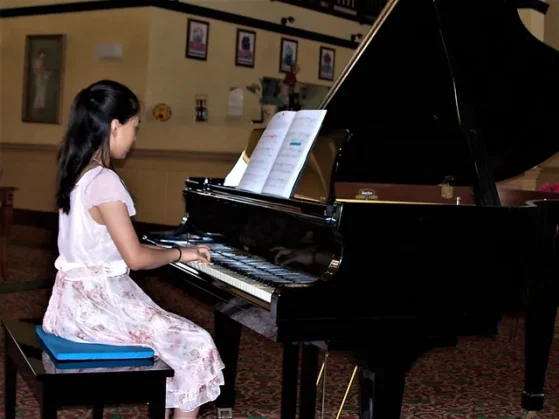
Conclusion
Understanding key selection in worship music enhances the worship experience by considering factors like singability, emotional impact, and vocal ranges. Choose the right key to engage your community and deepen their connection through music. Experiment with different keys to find what resonates best, and let the Spirit guide your choices. Join The Mystic Keys to explore how musical choices can elevate your worship services and create a more meaningful experience.
For more information and exciting resources about learning music, visit our website at The Mystic Keys. For more music content and exciting offers follow us on
Facebook, Instagram, YouTube, LinkedIn, Twitter, Pinterest, Reddit, Threads and Quora. Together, let’s transform the way we express our faith through the power of music!



